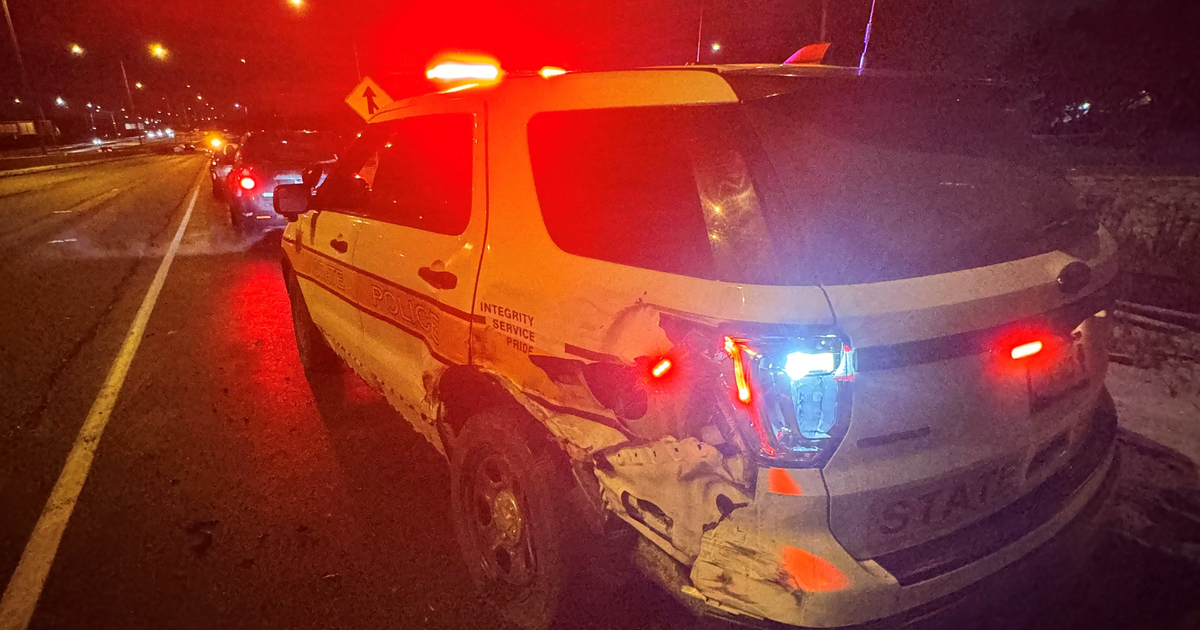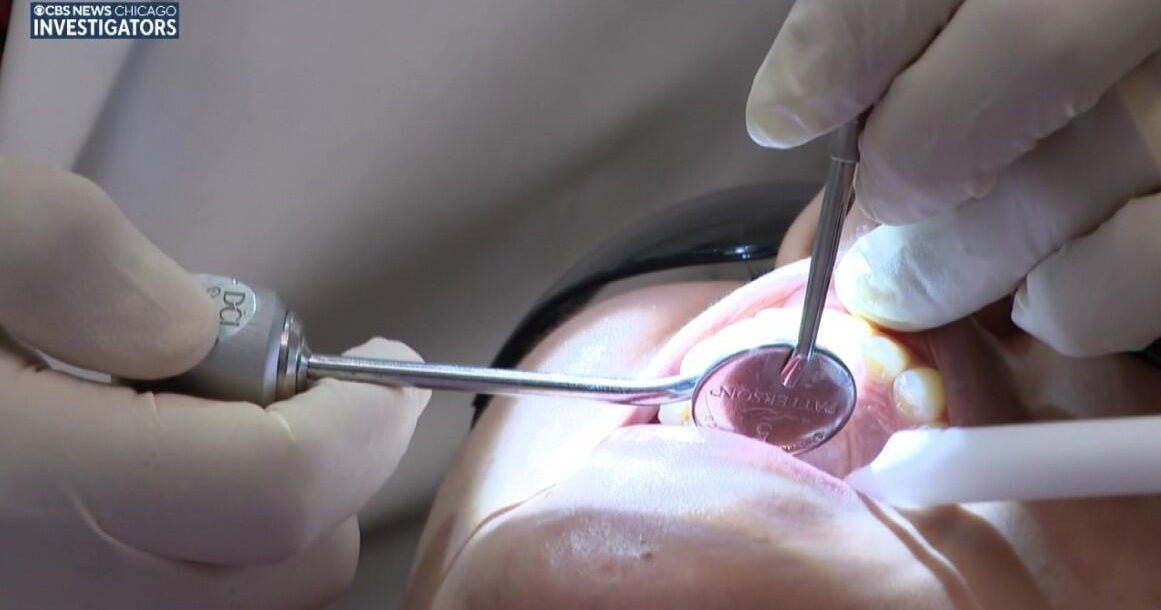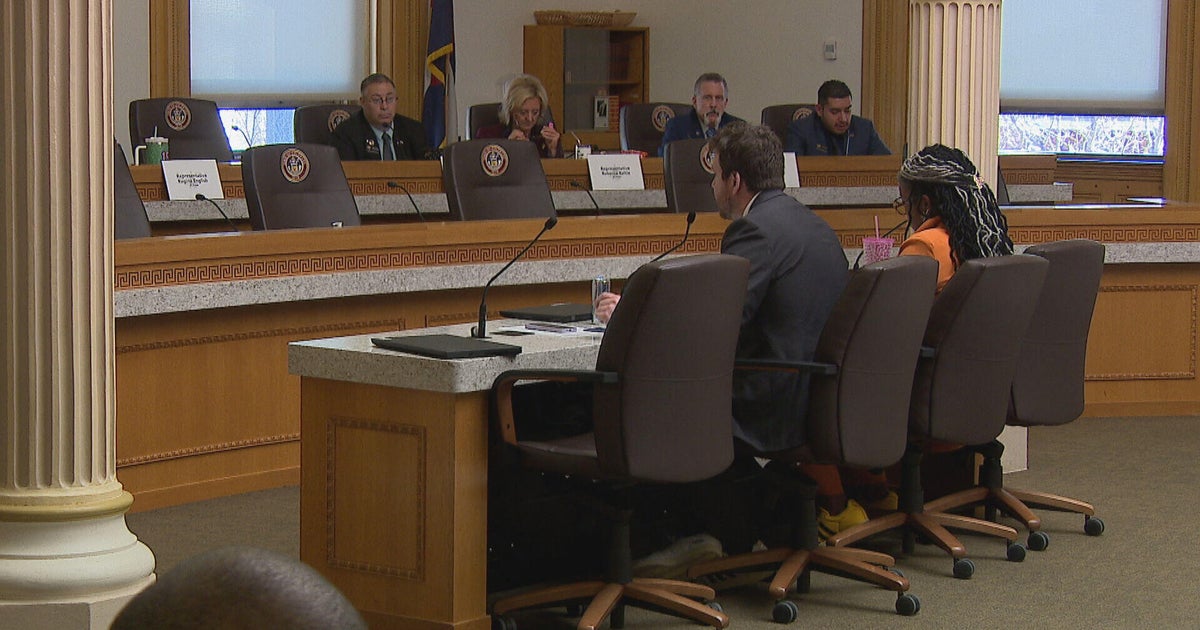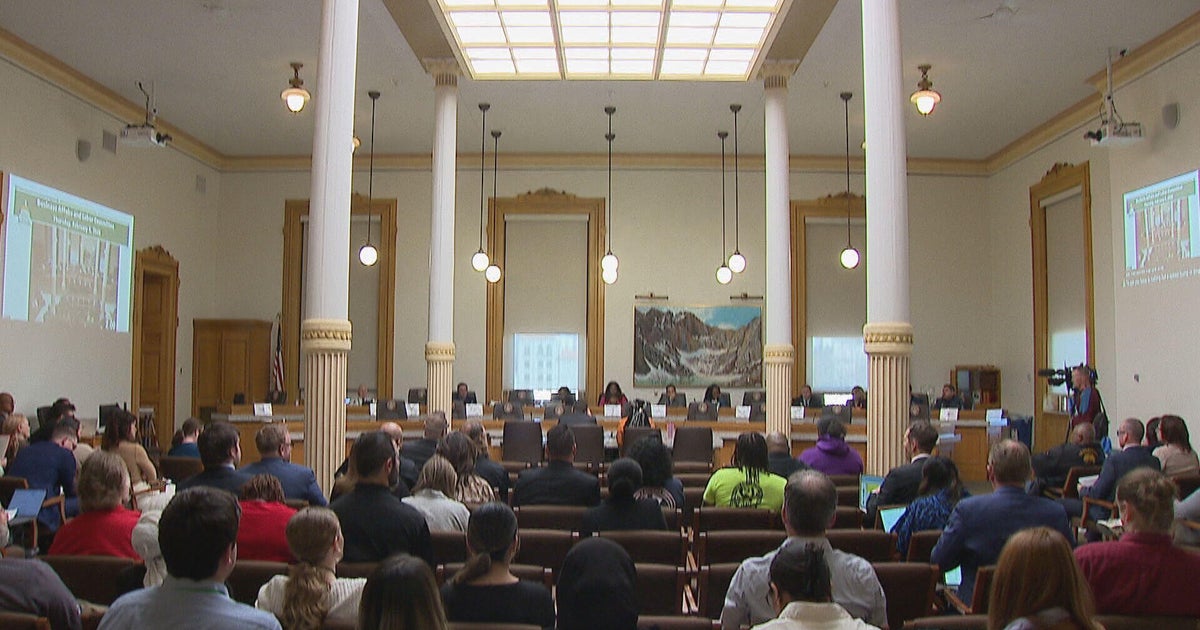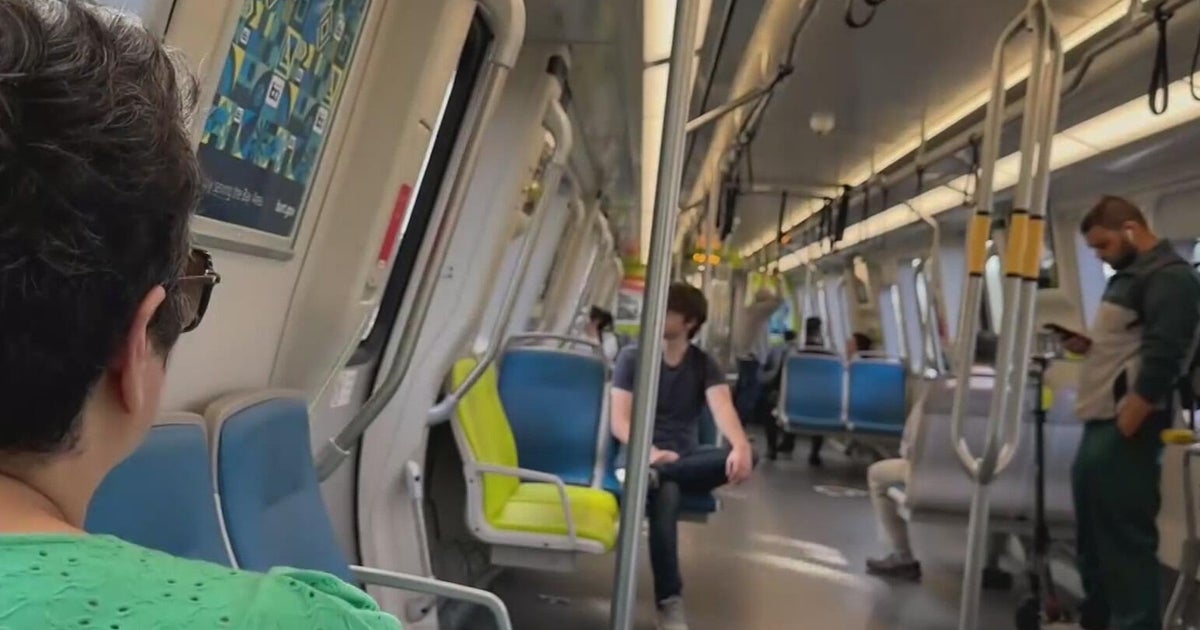Illinois state budget clears Senate, moves on to House
Lawmakers voted on several key measures at the State Capitol in Springfield before heading home for the holiday, including the state budget, work permits, and reproductive rights.
Illinois is now closer to approving a $53 billion state budget. The Senate passed it, but the House still has to vote.
The spending plan followed much of Gov. JB Pritzker's wish list, but also increased spending in several areas.
These include a child tax credit for qualifying children under the age of 12, which will cost the state about $50 million. The plan also made more investments in youth employment and local infrastructure.
The budget also includes eliminating a state sales tax on groceries while giving more money to public schools, reproductive health centers, and the Department of Children and Family Services.
Notably, the plan includes $182 million to provide shelter and other services to new migrant arrivals from Texas.
According to state budget documents, about 20% of the budget ($13.4 billion) is allotted for primary and secondary education, and nearly 19% ($10 billion) pays for state pensions.
When it comes to raising more money for the state, the budget extends a cap on corporate tax deductions and created a new graduated tax on sportsbooks.
The state expects to collect $43 billion in individual, corporate, and sales taxes during the next fiscal year—the remaining $10 billion will come from other sources, including lottery and gambling revenue.
Democrats are highlighting how this budget is balanced, while state Republicans are criticizing an allotment of half a billion dollars to migrants and healthcare for undocumented people.
Outside of the budget, another major bill would preserve reproductive rights in Illinois.
Illinois state Sen. Sue Rezin, (R-Morris), said she was deeply disappointed in the budget - which sets a record for government spending and will result in roughly $800 million in tax hikes.
"This budget is the largest budget in the history of Illinois - again, with a 30% increase since the governor has taken office in the budget, and they still couldn't balance the budget," said Rezin.
In particular, Rezin took issue with the funding for migrants. She said it is "going to pay for all of the non-citizens that have come into the state with free health care; for housing for them."
Meanwhile, Sen. Elgie Sims (D-Chicago), who serves as the lead budget negotiator, said he is very confident the current version of the budget bill will be the one that makes it to the governor's desk once the House reconvenes.
"Very confident. I have an immense amount of trust and respect on the House budgeteer and the House speaker to make sure that they get this budget across the finish line," said Sims.
Right now, the U.S. Supreme Court is considering a decision that could ban medically necessary emergency abortions at the federal level. If that should happen, the bill would require hospitals to still provide this care in Illinois and fine hospitals that refuse.
The bill now headed to Governor Pritzker's desk for his signature.
Illinois House Speaker Chris Welch (D-Westchester) said the state House will reconvene on Tuesday at noon to finish their work for this session.
Once finalized, the budget will go into effect when the new fiscal year starts on July 1.
